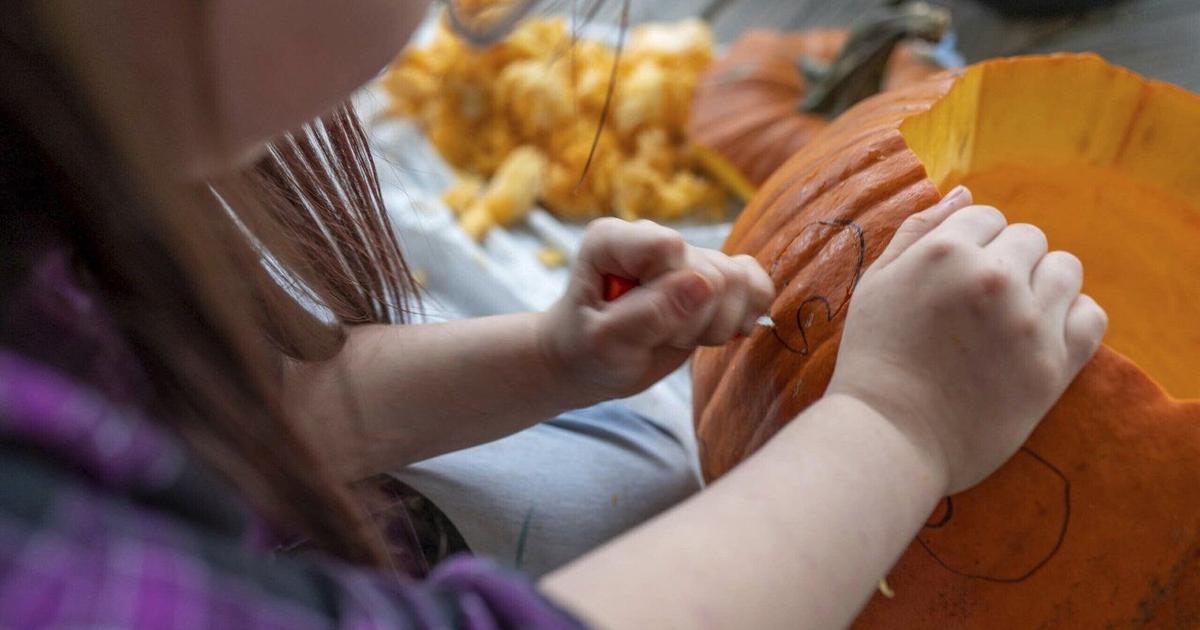Indigenous languages are at the heart of reconciliation, but the Southern Chiefs’ Organization says they’re still being left behind in Manitoba classrooms.
“Our language is our culture, it is our identity, it connects us to who we are,” said Margaret Swan, the director of child welfare at the SCO.
The SCO is calling on both the provincial and federal governments to give First Nations languages the same attention and funding as French education.
“It’s not something new to us,” Swan told CityNews. “We have always (fought) in different ways to have equity and fairness when it comes to First Nations languages and First Nations culture.”
The SCO says only a small number of Manitoba schools offer programs in languages like Anishinaabemowin and Dakota, and it wants those languages to be treated as core subjects – not cultural add-ons. The organization wants to see First Nation languages fully embedded in classrooms from kindergarten through Grade 12.
“They are taking steps in the right direction, but it is not enough,” Swan said. “There is much more that could be done.”
The group also points to a major funding gap, where Manitoba provides about $130 per student for French immersion but only $14 for Indigenous languages.
Manitoba Premier Wab Kinew says the province is already acting, highlighting a new law passed earlier this year that allows Indigenous language programs to be offered as full-immersion courses.
“We’ve also announced degree programs; people can become certified to teach Ojibway and Cree. And also we look ahead, once they graduate, for there to be immersion school for them to work at,” Kinew said.
“We fully support SCO’s message. We’re doing the work.”
‘A huge act of reconciliation’
Meanwhile two Manitoba colleges are taking steps to grow the next generation of Indigenous language speakers.
The University of Winnipeg will soon offer a bachelor’s degree in Anishinaabemowin immersion, while the University College of the North is launching a Cree-focused program.
Both are backed by more than $4 million in provincial funding.
“It’s bridging that divide between the generation that speaks – maybe that’s our grandparents, maybe that’s our parents, great grandparents – and passing on the language,” said Aandeg Muldrew, the Anishinaabemowin program coordinator at the University of Winnipeg. “I think that’s an important step to doing that, to building up our language and seeing it thrive in the future.
“It’s exciting to build that pathway up for our people and for people in Manitoba to follow and then go learn the language and the language of our ancestors.”
Muldrew, who is an Anishinaabe (Ojibwe) language teacher and linguist, says courses have existed in the past, but not like this.
“What we’re doing with this program is really focusing on adults who want to learn the language and building up their proficiency, becoming second-language speakers, fluent language speakers through immersion.”
Over at University College of the North (UCN), vice-president academic and research Helga Bryant says their program, which has been in the works for a couple of years, benefits from the guidance of a council of Elders.
“(They) have been very, very instrumental in helping us recognize the importance of language,” Bryant said. “And that really language is culture, and tying all of that together with reconciliation, that really this degree and being able to start this in January is a huge act of reconciliation.
“We are being guided at every step with our council of Elders, our Indigenous faculty, our knowledge keepers our campus Elders. We are certainly not doing this alone as an academic administration.”
Bryant says the university, which has two main campuses in The Pas and Thompson, views the degree as a first step to preparing various professional groups in northern Manitoba.
“So whether these students go on and do an education degree, which they can do, and whether they are considering going into law, into some of the social sciences, into healthcare, this three-year degree is the perfect foundation on which they can develop their language skills, their knowledge, and then take that forward in whatever career path they choose as they continue on their educational journey,” Byant explained.
Bryant says the program is one element of a larger movement to revitalize Indigenous language and culture.
“Being a vehicle by which we can be part of that development and give that back to communities and to Indigenous peoples.”
The university intends to offer at least one course – maybe two – as early as January.
“It’s an incredibly tight timeline, but we already have an Aboriginal and Northern Studies degree at UCN, and we have some Cree-speaking faculty already, so we do need to hire a couple of instructors very quickly,” Bryant told CityNews. “We need to organize a course schedule. Starting a program midway through an academic year is always challenging. So, we have to manage the cadence of the courses.”
The program will welcome a maximum of 20 students per campus.
More information on the University of Winnipeg and University College of the North Indigenous language programs is available online.
–With files from Mitchell Ringos



